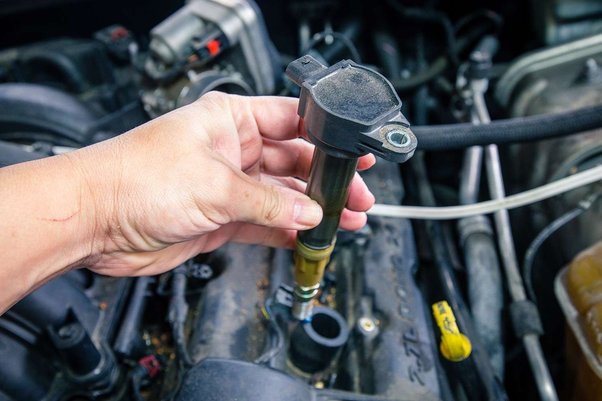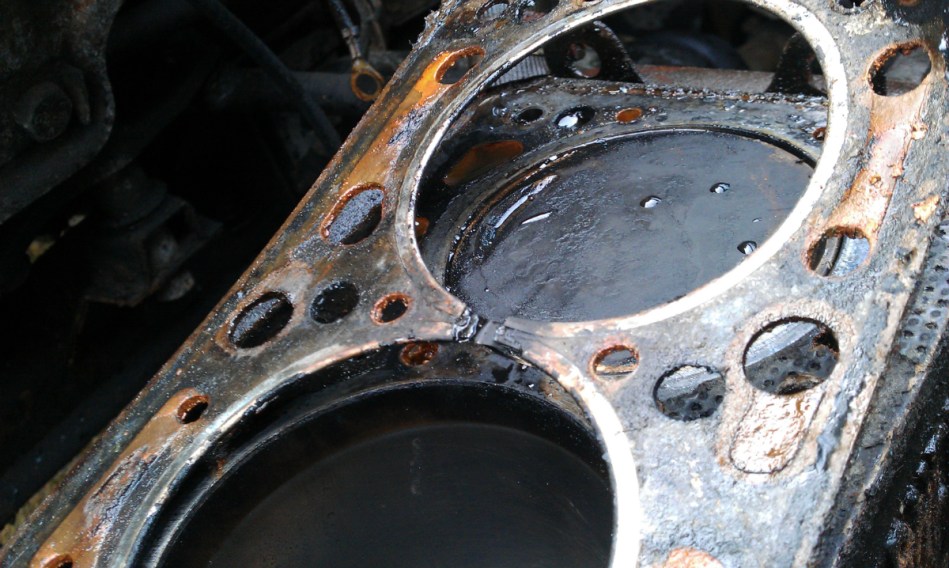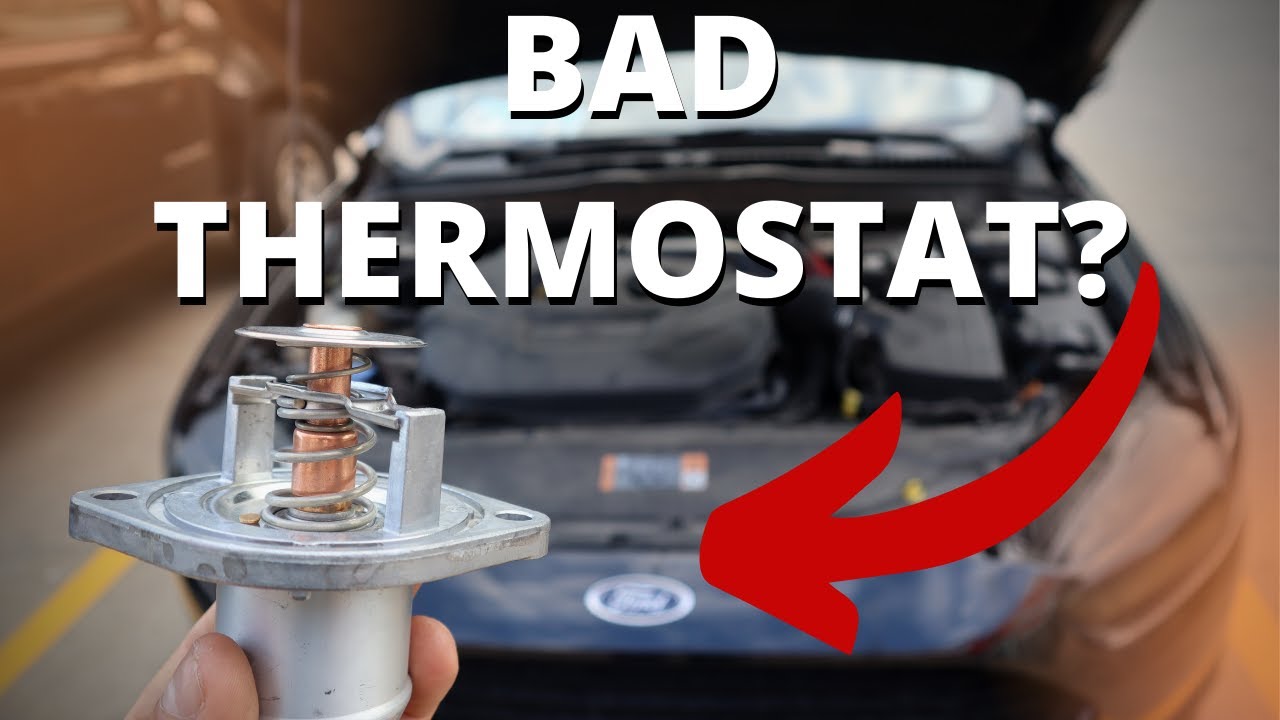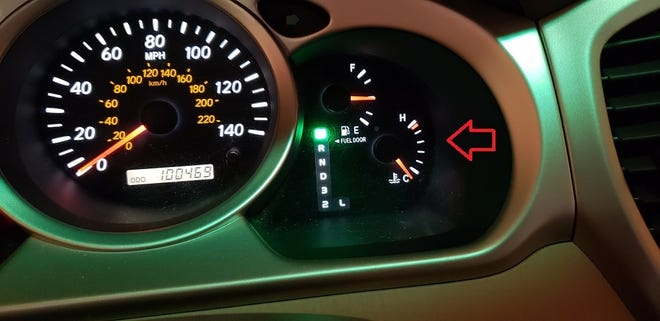Can a Bad Coil Pack Cause Transmission Problems
A bad coil pack can indirectly cause transmission problems by affecting engine performance. Unsteady engine power may strain the transmission system.
A faulty coil pack may not seem like it should impact your vehicle’s transmission, yet any element affecting engine function can extend to the transmission. The coil pack’s primary role is to ignite the fuel-air mixture in the engine, ensuring smooth operation.
A misfire due to a damaged coil pack can lead to uneven power delivery, which, in turn, forces the transmission to adapt to erratic engine behavior. This can result in unusual shifting patterns, and over time, increased wear and tear on transmission parts. For car owners, recognizing the interconnected nature of vehicle systems is essential. Diagnosing engine issues promptly can prevent a cascade of subsequent problems, including those affecting the transmission. Hence, a properly functioning coil pack is key to maintaining both the health of your engine and the reliability of your transmission.
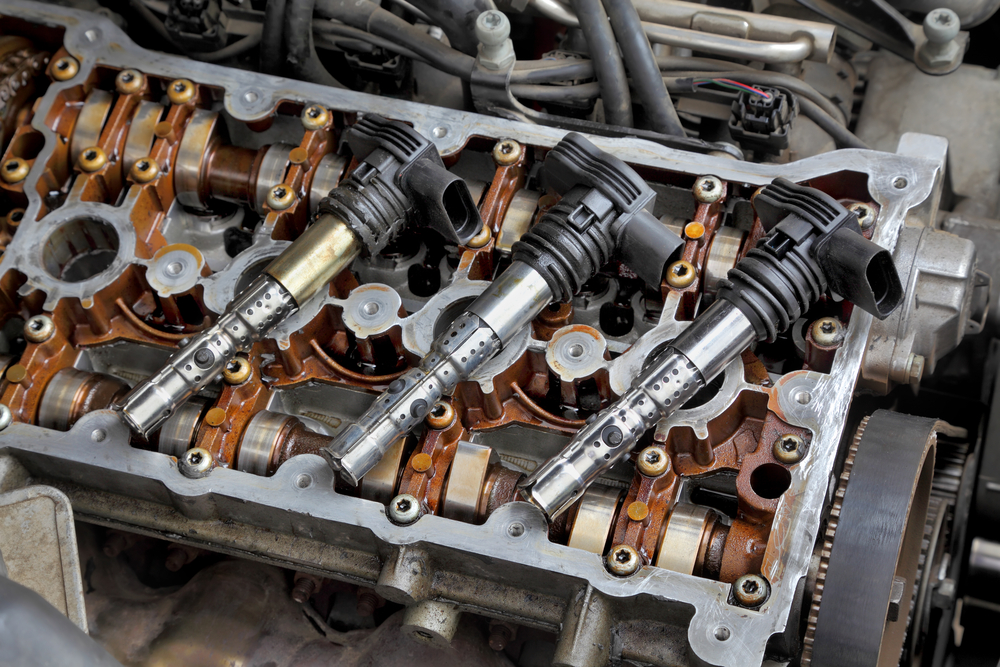
Credit: www.cadillacatservice.com
Link Between Ignition System And Transmission
Understanding the intricate dance between your car’s ignition system and the transmission is crucial. These two systems rely on each other to deliver smooth vehicle operation. A fault in the ignition system can trigger a ripple of issues, affecting the transmission’s behavior.
Role Of The Coil Pack In Engine Performance
The coil pack is the heart of the ignition system. It sparks your vehicle to life by igniting the fuel-air mixture in the engine. A good coil pack means a happy engine, but a bad one can lead to misfires and uneven power output.
- Provides high voltage for spark plugs
- Ensures consistent engine firing
- Improves fuel efficiency and reduces emissions
Transmission System Dependencies On Engine Function
The transmission relies on the engine to provide smooth gear shifts. Without stable engine performance, you may experience transmission glitches.
- Engine misfires can lead to erratic transmission behavior
- Smooth power delivery ensures timely gear shifts
- Optimal engine function supports automatic transmission adjustments
A poorly functioning coil pack can disrupt the synergy between these systems. It may cause the transmission to struggle with gear selection or shift timing. In severe cases, this could even lead to transmission damage.
Credit: www.quora.com
Symptoms Of A Failing Coil Pack
When the coil pack in your vehicle begins to fail, it can lead to a range of engine issues. Understanding these symptoms is crucial to maintaining your car’s performance. A bad coil pack may not directly affect the transmission, but it can cause engine problems. These issues may seem like transmission problems.
Engine Misfires And Rough Idling
Engine misfires often signal a failing coil pack. You might notice your car struggling to start or running unevenly. This can feel like a hiccup while you drive. Rough idling is another symptom. Your car may vibrate more and seem unsteady when stopped.
Reduced Fuel Efficiency And Power Loss
A decrease in fuel efficiency can mean your coil pack isn’t working right. The engine might burn more fuel than usual. You may also experience power loss, with your car feeling sluggish. It can take longer to accelerate on the road.
How A Damaged Coil Pack Can Impact Transmission
A bad coil pack in your vehicle might seem like a simple ignition issue, but it could lead to more serious transmission problems. A coil pack sends the electrical pulse to ignite the fuel and create engine power. If it fails, the entire engine and transmission system can suffer consequences.
The Connection Between Engine Misfires And Gear Shifting
A vehicle relies on a finely tuned balance between engine operations and transmission control. A direct link exists between these systems. A damaged coil pack can cause engine misfires. These misfires, in turn, can disrupt the rhythm of gear shifting. This disruption affects driving smoothness and transmission longevity. Here are the key impacts:
- Loss of Power: Misfires lead to power loss, making gear shifts harder and rougher.
- Incorrect Speed Signals: The engine might send the wrong speed signals to the transmission, leading to improper shifting.
- Fuel Economy: Engine misfire from a bad coil pack can cause a drop in fuel economy, affecting overall performance.
Potential Transmission Damage Due To Erratic Engine Behavior
Erratic engine behavior stemming from a faulty coil pack doesn’t stop with shifting issues. It might lead to more severe transmission damage over time. This can result in costly repairs if not addressed promptly. The table below outlines potential transmission damages due to a bad coil pack:
| Engine Problem | Transmission Impact |
|---|---|
| Engine Stalling | Increases the strain on transmission components. |
| Inconsistent Acceleration | Leads to unpredictable gear changes and wear. |
| Overheating | Thermal stress can damage transmission fluids and seals. |
Bearing in mind these potential risks, it’s crucial to address any ignition issues promptly to avoid further harm to your vehicle’s transmission.

Credit: www.hjlautoparts.com
Diagnosing Coil Pack And Transmission Issues
Strange car behavior may raise questions about the cause. Can a faulty coil pack lead to transmission glitches? Unusual as it may seem, automotive systems are interconnected. Exploring the connection between spark production and gear shifts is critical. This section shines light on how to diagnose issues with coil packs and transmissions.
Common Diagnostic Tests For Coil Pack Problems
Coil packs play a crucial role in engine functionality. A well-performing coil pack ensures a smooth and efficient engine operation. Check for these signs to diagnose coil pack problems:
- Engine Misfires: This is a telltale sign of a coil pack issue.
- Reduced Fuel Economy: A malfunctioning coil pack can waste fuel.
- Check Engine Light: This indicator can signal coil pack problems.
To confirm, technicians may conduct:
- A visual inspection for signs of damage or corrosion.
- Tests with a multimeter to check for electrical continuity.
- An onboard diagnostic (OBD-II) scan to read trouble codes.
When To Consider Transmission Issues In Diagnosis
Transmission troubles can also affect your vehicle’s performance.
| Transmission Issue | Common Signs |
|---|---|
| Slipping Gears | Vehicle struggles to stay in gear. |
| Delayed Engagement | Slow response from gear selection to action. |
| Fluid Leaks | Puddles under the car may indicate a leak. |
Experts may suggest a fluid check, use a diagnostic scanner, or conduct a test drive to evaluate transmission health.
Remember, a misfire triggered by a bad coil can resemble a transmission issue. Ensure comprehensive diagnostics to locate the true culprit.
Maintaining Vehicle Health To Prevent Problems
Keeping your vehicle in top shape stops big issues. Think of your car like your body. You take care of your health to dodge illness. Cars need the same care—especially the coil pack and transmission. Coil pack problems can lead to transmission trouble. This can be costly. To prevent this, maintain your vehicle well.
Regular Maintenance Schedule For Coil Pack Care
Coil packs are vital to your car’s engine. They spark your engine’s fire. Regular check-ups keep them working. Here’s how you keep coil packs healthy:
- Check coil packs every service appointment.
- Replace them if they look worn or damaged.
- Follow your car’s service manual guidelines.
- Choose quality coil packs for replacements.
Proactive Checks On Transmission To Avoid Damage
Transmissions run smoothly with care. Here’s what you do to keep them safe:
| Intervals | Checks and Actions |
|---|---|
| Every 5,000 Miles | Check transmission fluid levels. Look for leaks. |
| Every 15,000 Miles | Replace transmission fluid and filter. |
| Every 30,000 Miles | Inspect transmission lines and hoses. Ensure they are secure. |
Keep a log of all checks and changes. Use the recommended transmission fluid for your car. Drive with care to keep the transmission running longer.
Frequently Asked Questions Of Can A Bad Coil Pack Cause Transmission Problems
Can A Coil Pack Affect Transmission Performance?
A faulty coil pack can indirectly affect transmission performance. Misfires due to a bad coil pack can cause the engine to run unevenly, which may lead to the transmission shifting irregularly. This doesn’t directly impact the transmission’s mechanical components, but it affects how the vehicle drives.
Is A Misfire Related To Transmission Issues?
Engine misfires, which can be caused by a failing coil pack, can create symptoms that seem like transmission problems. This includes erratic shifting or a juddering sensation. However, misfires themselves are not transmission issues, but they can strain the transmission.
How Does A Coil Pack Influence Vehicle Drivability?
A malfunctioning coil pack impairs the engine’s ability to fire correctly. This leads to a loss of power and efficient running, which in turn can make the vehicle harder to drive. Symptoms include stalling, jerking, and reduced acceleration, which can mimic transmission problems.
What Are Signs Of A Bad Coil Pack?
Signs of a bad coil pack include engine misfires, rough idle, decreased power, reduced fuel efficiency, and the ‘Check Engine’ light turning on. If your vehicle displays these issues, it’s important to get the coil pack checked and replaced if necessary.
Conclusion
Understanding the connection between coil packs and transmission health is crucial for vehicle maintenance. Faulty coil packs can indeed trigger transmission hiccups, disrupting your ride’s harmony. Keep your ignition system in check to prevent unexpected transmission issues. Regular diagnostics are key to a smooth, reliable drive.
Stay informed and proactive to keep your car running at its best.

